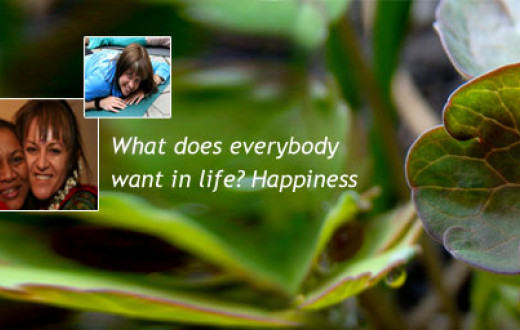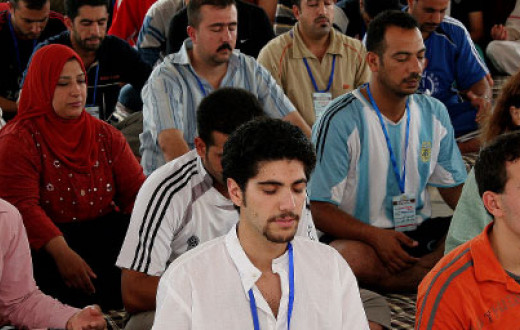Q – Why is there still some awareness when one is deep in meditation?
Gurudev Sri Sri Ravi Shankar – There are five different experiences of the senses – sight, sense, sound, taste, and touch. They continue as a very subtle primordial nature. Though there is no object of touch, when you are deep in Samadhi, you can feel sensations of touch, you can hear some sound, or can see some light. Though there is no thought, the experience is also considered as thought and these experiences continue until there is ‘shoonyata’ or nothingness.
So, in meditation, do not sit and wait for something. When you experience these things, do not try to hold on to them. This is ’Saveeja Samadhi’. When you are experiencing bliss or vastness of consciousness, there can be traces of sound, light, touch, or fragrance. This is a common phenomenon during meditation.
Q – How does Sattva (purity) help us?
Gurudev – The more sattva arises in your life, the more easily tasks get accomplished. The amount of sattva in us decides the productivity of our inputs. If you put in a lot of effort and the result turns out to be less or below your expectations, it means that there is lack of sattva in life. When we meditate, then our work happens easily. People are aware of this secret. They think why should they spend 20- 30 minutes meditating everyday when that time can be spent in earning money? It is very important to meditate when you get the time so that you accomplish your tasks more efficiently and with ease.
Q - Why do we meditate with our eyes closed though we have to live our life with eyes open? Is it possible to do meditation with eyes open?
Gurudev – That is the second step. But the first is to go where the mind is involved. Once the eyes are closed, once the mind is centered, then you can go ahead with other ways as well. There are different kinds of meditation, such as walking meditation. Your every action comes from a meditative state.
First published in the book, 'Question Basket'


























